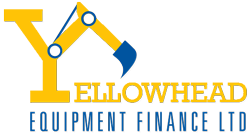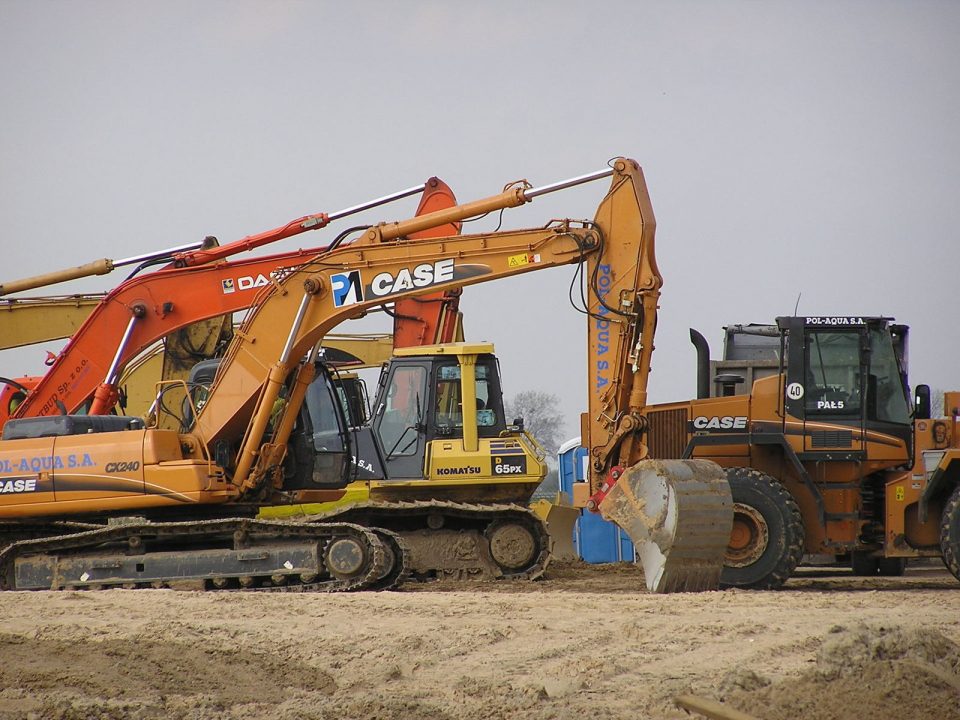
Leasing in the Digital Age — Innovations Transforming Equipment Finance
July 12, 2024
Equipment Financing for Your New Construction Business
September 12, 2024The Legal and Tax Implications of Equipment Leasing
Knowing the legal and tax implications of equipment leasing is important for small business owners. Equipment leasing can be an attractive option for small businesses needing to acquire essential machinery and tools without the substantial upfront costs of purchasing. However, navigating the legal and tax landscape of equipment leasing is crucial to maximizing benefits and avoiding potential pitfalls.
This blog post delves into the legal and tax aspects of equipment leasing for small businesses, offering insights and tips to help business owners make informed decisions.
Types of Equipment Leases
Understanding the types of equipment leases is fundamental to grasping their legal and tax implications. The two primary types are:
- Operating Leases: These leases are typically short-term and do not transfer ownership rights to the lessee. The lessor retains ownership of the equipment, and the lessee returns it at the end of the lease term. Operating leases are often used for equipment that may become obsolete quickly, like technology and office equipment.
- Capital Leases (Finance Leases): These are long-term leases that effectively transfer ownership of the equipment to the lessee by the end of the lease term. The lessee may have the option to purchase the equipment at a nominal price. Capital leases are commonly used for high-value equipment with a long useful life, such as manufacturing machinery.
Lease Terms and Ownership Rights
Lease terms can vary significantly, impacting both legal obligations and tax treatments. Key considerations include:
- Lease Duration: Short-term leases (typically less than a year) offer flexibility, while long-term leases can provide cost savings over time.
- Renewal Options: Some leases include options to renew or extend the lease, which can affect the long-term cost and legal responsibilities.
- Ownership and Title: In operating leases, ownership remains with the lessor. In capital leases, the lessee may gain ownership rights, impacting depreciation and tax deductions.
Tax Implications of Equipment Leasing
The tax treatment of equipment leases depends on the type of lease:
- Operating Leases: Lease payments are generally tax-deductible as business expenses. Since the lessee does not own the equipment, they cannot claim depreciation.
- Capital Leases: The lessee can deduct interest expenses and depreciation of the equipment. This can provide significant tax benefits, especially for high-value assets.
Compliance with Requirements
Compliance with legal and tax regulations is crucial for avoiding penalties and maximizing benefits. Small businesses should:
- Review Lease Agreements: Ensure lease agreements comply with state and federal laws. Pay attention to terms regarding payment schedules, maintenance responsibilities, and early termination clauses.
- Stay Updated on Tax Laws: Tax laws can change, impacting the deductibility of lease payments and depreciation rules. Regularly consult with a tax professional to stay informed.
- Maintain Accurate Records: Keep detailed records of lease agreements, payments, and any correspondence with lessors. This documentation is vital for audits and financial reporting.
Tips for Small Businesses
To maximize benefits and avoid common pitfalls, small businesses should consider the following tips:
- Consult Professionals: Engage legal and tax advisors to review lease agreements and understand the implications fully.
- Negotiate Terms: Negotiate lease terms that align with your business needs and financial situation. Consider factors like lease duration, renewal options, and maintenance responsibilities.
- Understand the Total Cost: Consider the total cost of leasing versus buying, including maintenance, insurance, and potential tax benefits.
- Plan for Equipment Lifecycle: Choose leases that align with the expected lifecycle of the equipment. For rapidly evolving technology, short-term leases may be more advantageous.
- Monitor Cash Flow: Ensure that lease payments fit within your cash flow projections. Leasing can improve cash flow by spreading costs over time, but it’s essential to manage payments effectively.
Conclusion
Equipment leasing offers small businesses flexibility and financial advantages, but it requires careful consideration of legal and tax implications. By understanding the types of leases, lease terms, ownership rights, and tax treatments, small business owners can make informed decisions. Consulting with legal and tax professionals, negotiating favorable terms, and maintaining accurate records are crucial steps to maximizing benefits and avoiding pitfalls in equipment leasing.
By following these guidelines, small businesses can leverage equipment leasing to enhance their operations while ensuring compliance with legal and tax requirements. Please note that every situation is unique, and this article is not an exhaustive resource for Tax information. Contact YHEF to discuss your needs, and confirm the tax implications of any leasing plan before completing any leasing agreement.





